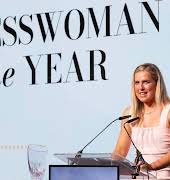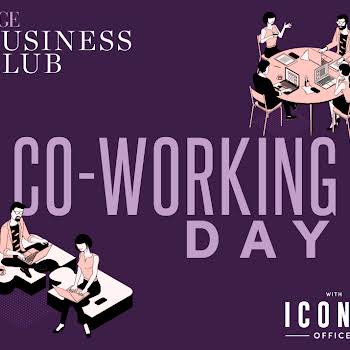
By Colette Sexton
26th Apr 2019
26th Apr 2019
Journalist Colette Sexton on the importance of having a mentor.
Have you ever felt like you were at a loss for career advice? Maybe you were overlooked for a promotion or offered a job you weren’t sure about and you just wanted someone in the know to advise you. That is where a mentor comes in. While having a mentor might seem like something that only happens on US TV shows, you are missing out by not having a trusted advisor to steer you on your career path.
“Mentors, either internal or external to your company, are important because they provide experience, insights and perspective – the latter is particularly beneficial because a sense of perspective is the first thing to hold onto when we are knee deep in work and under pressure,” according to Bernie Keogh, Managing Director at Alternatives.
Bernie said that mentors are crucial for a growth mindset because they can help us see business issues from a different perspective and challenge our own thinking and behavioural patterns. This is crucial for growth in our careers.
Internal mentors can be particularly valuable when you join a new company, she said.
“If you are new to a company an internal senior mentor can provide the “inside track” and help understand the culture & politics, how things get done, help build bridges in terms of key relationships, help determine quick wins and longer term priorities etc. This can be invaluable during the difficult first 6-12 months settling in period and beyond,” Bernie said.
The perfect mentor
Of course, a mentor is someone you need to be able to trust, and so finding one might take some time. Bernie advised that, when seeking a mentor, you look for leaders you admire and whom you believe you could learn from; someone who is strategic and whose people skills are aligned to how you would like to manage or be managed.
“It’s not difficult to find “trustworthy” people – in general, integrity and good values can easily be judged by the behaviours people exhibit in organisations and how they treat people,” she said.
When seeking a mentor internally, check if there is a mentoring programme in your company. If so, go through the official channels and keep your manager informed. If not, you could ask your manager or other people in your network for suggestions or introductions.
If you have someone in mind, but don’t know them professionally, ask someone who does know them to broker an introduction.
It is also worth checking in with your peers as well as people from different sectors and functions who will come at solutions from different perspectives.
“As a recently appointed Managing Director, I found the mentoring from the other CEOs to be particularly valuable, providing unrivalled access to different leadership styles and methodologies. An important learning for me was that my perspective was just one way of seeing the world and it’s important to remember to challenge myself to consider different viewpoints and perspectives,” Bernie said.
If you have found a mentor but the relationship is no longer working, Bernie said it is important to be honest with them. Explain your motivation — for example, your goals may have changed, or perhaps you and your mentor’s style or chemistry are not complimentary. If you are going to end the mentoring relationship, make sure to invite feedback and above all, express gratitude.






















